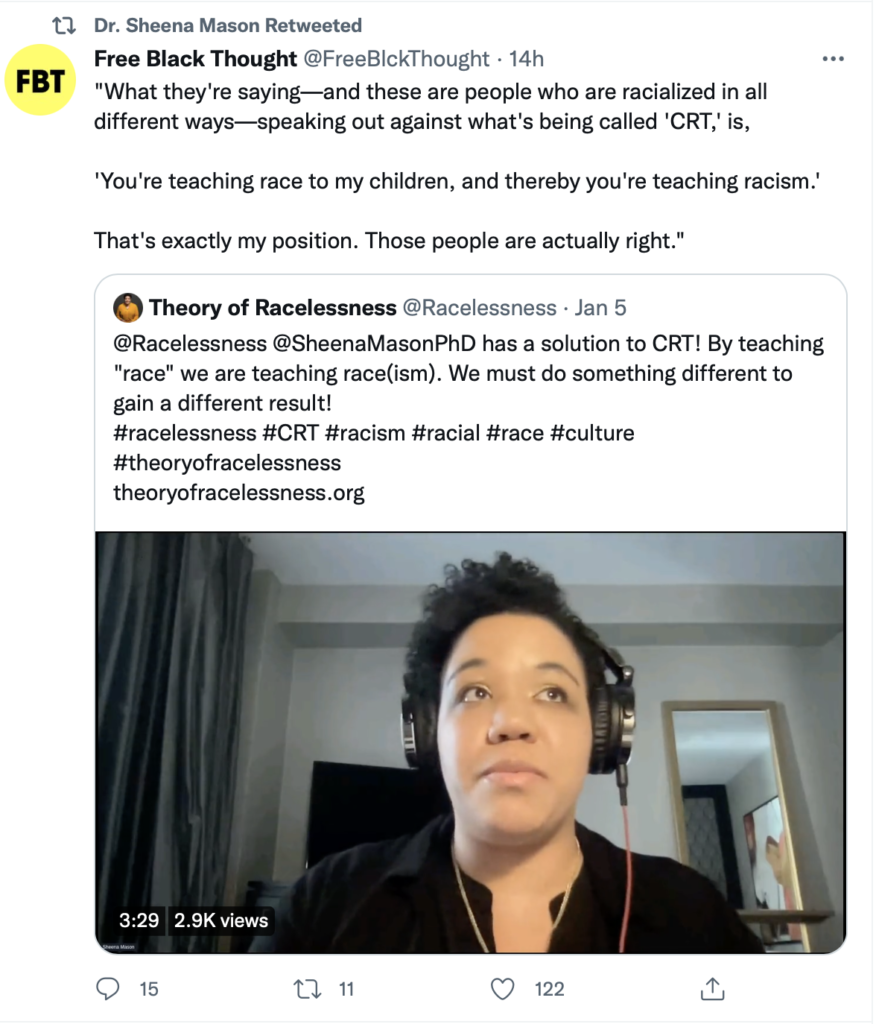Misdirected Vax Anger Loses Sight of Unmistakable Corporate Looting
Matt Taibbi points out that we are too busy arguing with each other about masks and vaccinations to notice major league corporate theft. His Substack article at TK is titled "Vaccine Aristocrats Strike Again: As yokel-bashing reaches impressive new heights, reports of yet another year of record profits and a widening wealth gap go unnoticed." Here's an excerpt:
[W]ithout constant drumbeats about the treacherous stupidity of anti-vaxxers and “domestic terrorists,” at whom would the bulk of Americans’ anger be directed now?A good guess would be people like the Fed-fattened private equity takeover artists who were just reported to have swallowed a trillion dollars in companies last year. These are people who force conquered companies to issue reams of new debt to pay them bonuses (taking advantage of a massive public bond-buying program intended as emergency aid) while doing things like cutting shifts for E.R. doctors and nurses in the middle of a pandemic. Even grandfatherly billionaire Warren Buffett’s company Special Metals is currently asking 450 striking steelworkers to accept pay cuts and take on $725 more a month in health premiums, while Buffett himself just floated on our increasingly phony stock market to increase his personal wealth by $1.6 billion in a single day.
. . . “Banks so far have been using profits to invest in technology, pay bonuses and buy back their own stock,” the FT wrote. Meaning, the bulk of this new wealth — most fueled by roughly $5 trillion in Fed spending since the beginning of the pandemic — is being converted into compensation for a handful of executives. Buybacks have also been rampant in defense, pharmaceuticals, and oil & gas, all of which also just finished their second straight year of record, skyrocketing profits. We’re now up to about 745 billionaires in the U.S., who’ve collectively seen their net worth grow about $2.1 trillion to $5 trillion since March 2020, with almost all that wealth increase tied to the Fed’s ballooning balance sheet.

